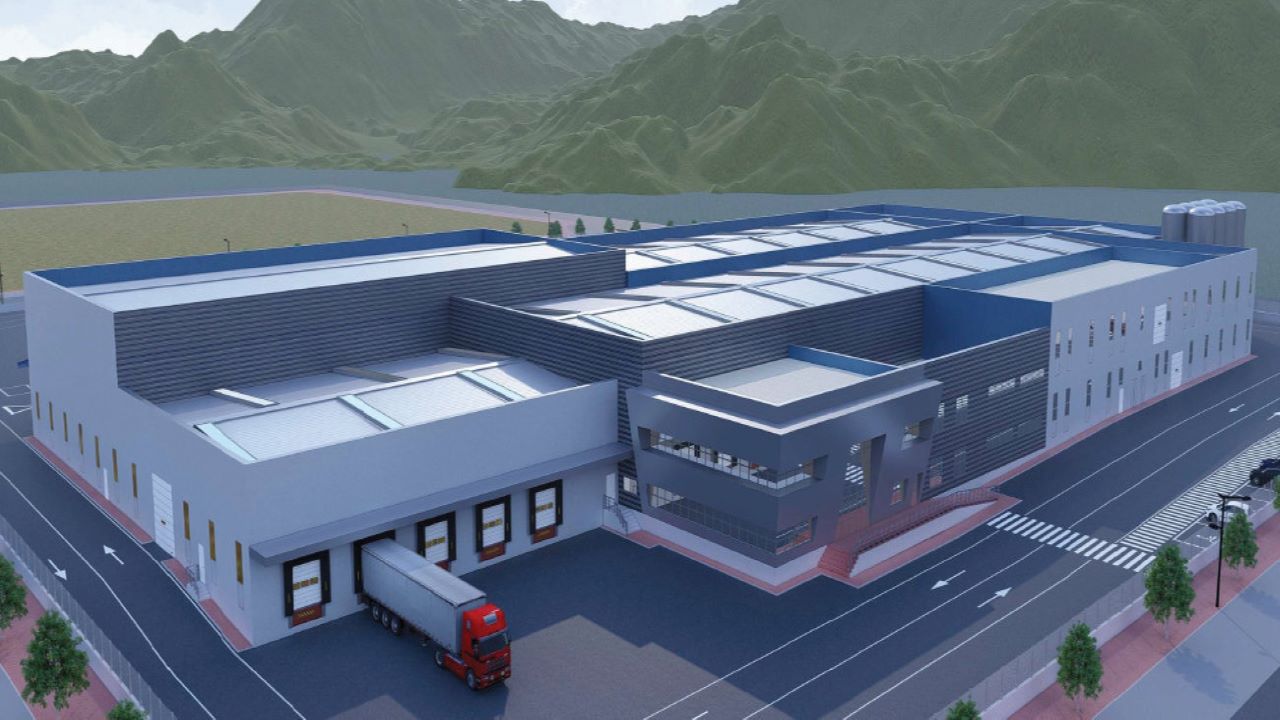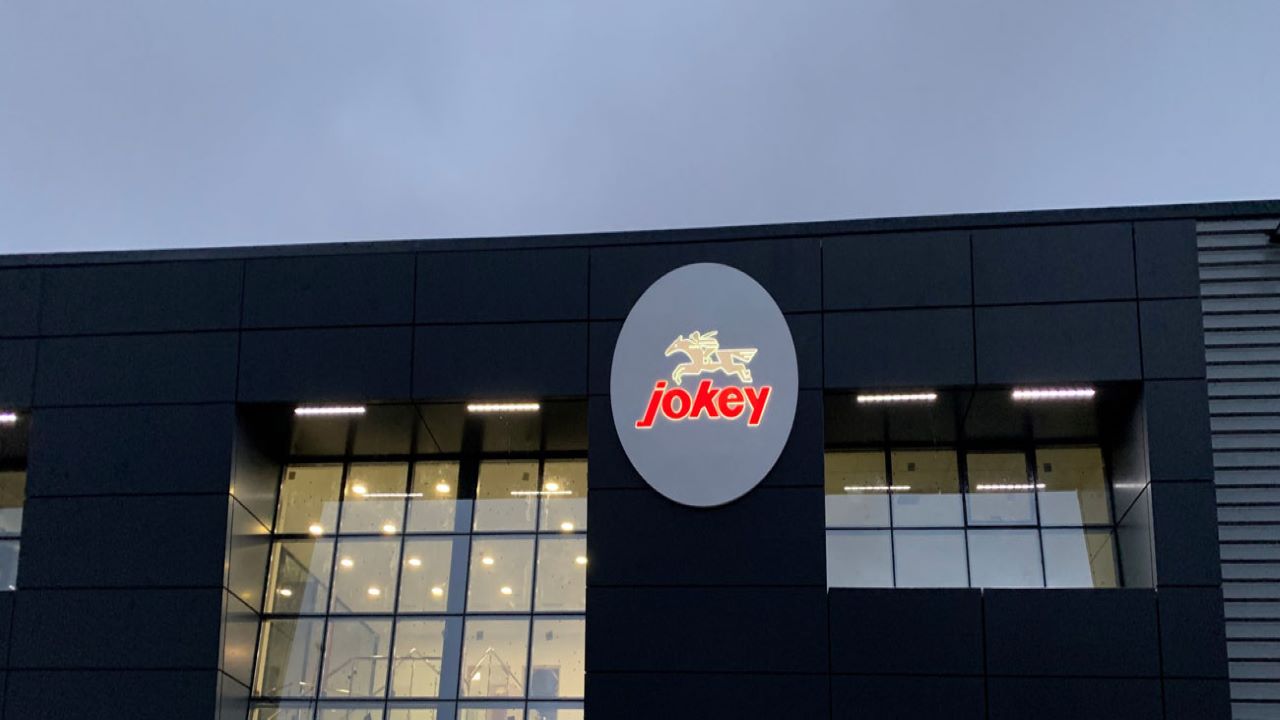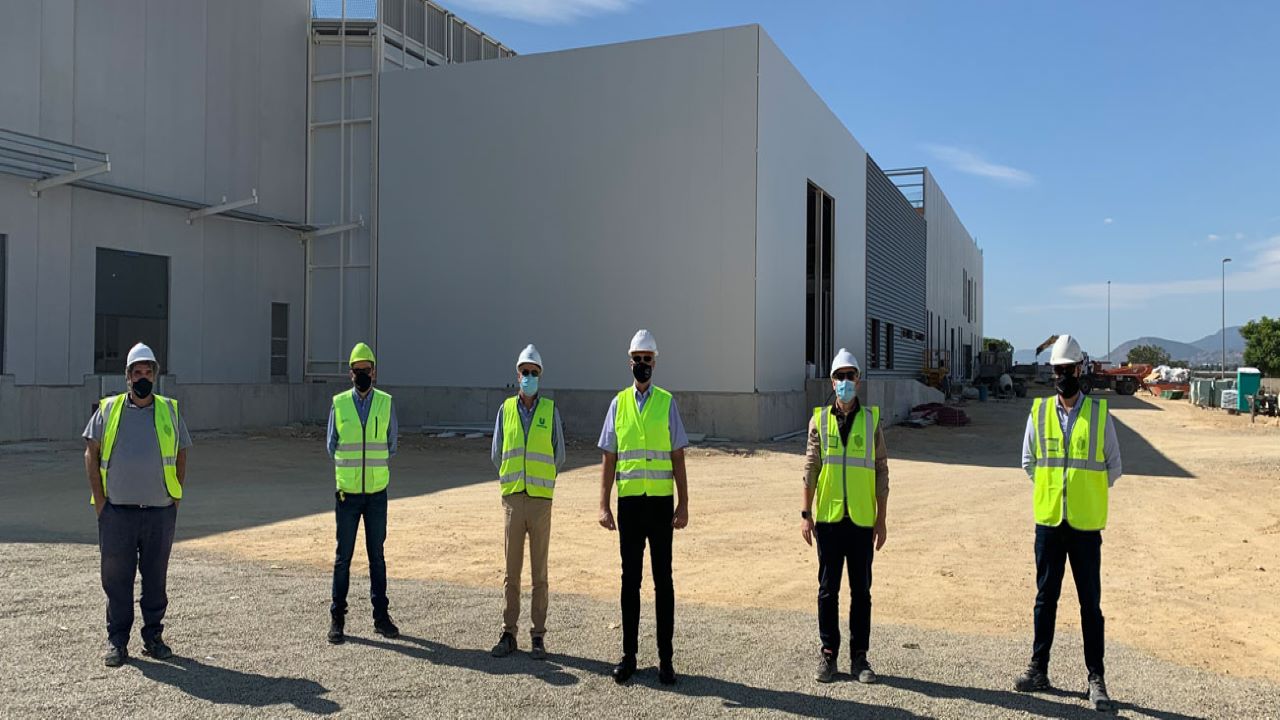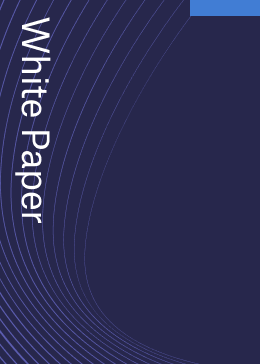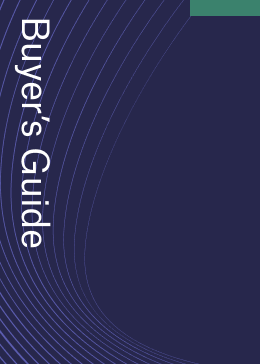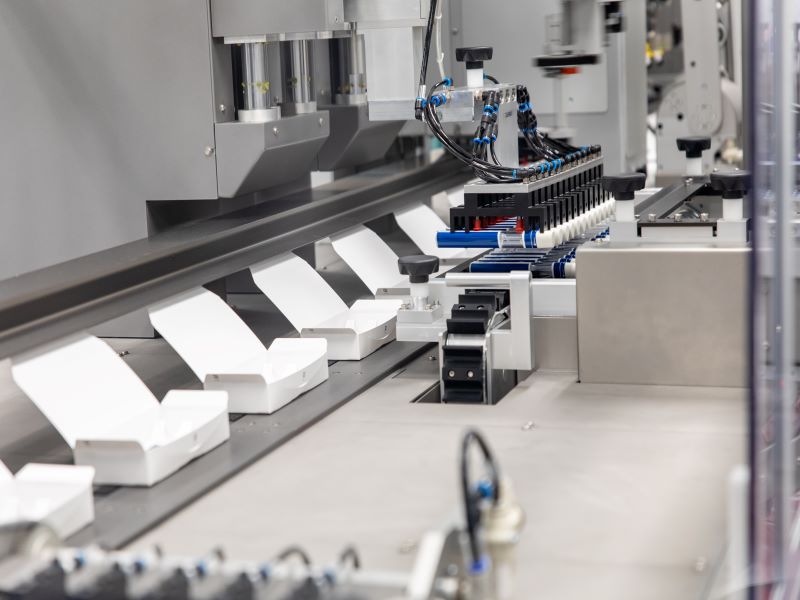Jokey Treplas, the Spanish subsidiary of the Jokey Group, has developed a production facility in Murcia.
Located 16km from its old facility in Molina de Segura in south-eastern Spain, the facility will operate under the name Jokey Iberica.
Construction work on the facility began in February 2020, with an estimated investment of around €12.2m ($14.7m). Despite Covid-19 related restrictions, the construction was completed within 14 months.
Production at the facility began in March 2021. The company relocated its existing operations to the plant, as its older site had reached its full production capacity.
The official opening ceremony of the facility is scheduled for the fourth quarter of 2021 due to the ongoing Covid-19 pandemic.
Location and background of the Jokey Iberica plant
The site is near a proposed railway station to be built in the proximity of the planned Madrid-east coast high-speed line. There is also a highway connection near the site.
In 2017, the Jokey Group acquired Spanish packaging company Treplas. The production capacity of Jokey Treplas’ factory in Molina de Segura was not enough for the planned production of the various containers from the company’s standard product range for the Spanish market.
The site also did not have space to accommodate large injection moulding machines, which led the Jokey Group to acquire a larger site in Murcia in 2018.
Details of the facility
The Jokey Iberica plant covers a 10,000m² area on the 30,000m² site in a newly developed industrial park with improved infrastructure.
The facility’s buildings offer 50% more space than those of the old facility. The production halls have significantly higher roofs and can accommodate more than 50 large, state-of-the-art injection-moulding machines.
The company produces plastic buckets, boxes, trays, cans and packaging tubs in a variety of sizes, shapes and accessory options using the plastic injection moulding process. The facility features Jokey’s Compact Line (JCL) to produce diverse packages.
The plant’s technical equipment maintains the latest standards in order to improve the performance and energy efficiency significantly.
In addition to Jokey’s standard-range packaging, the Murcia plant also manufactures a range of speciality packaging, household products and stopper solutions, thus expanding Jokey’s product portfolio.
Jokey’s sustainability features
Jokey has launched the Eco Concept 2.0, comprising ten areas of action for a sustainable circular economy.
The company offers International Sustainability and Carbon Certification (ISCC) PLUS-certified products, with four of its facilities holding ISCC PLUS certification.
The Eco Concept 2.0 forms the framework for new ISCC PLUS-certified plastic packaging, which is used in the production of sustainable packaging, as well as the secondary raw materials predominantly recovered from material recycling processes.
Jokey’s plastic packaging is fully recyclable and the company has reduced the weight of its packaging by up to 40% since the early 1990s. As part of its sustainability strategy, the company aims to become climate-neutral by 2030.
Jokey product portfolio
Jokey provides high-quality packaging solutions customised to the requirements of the clients. Its product portfolio includes tubs and trays, round buckets, oval buckets, rectangle buckets, caps and closures.
The company offers sophisticated, industry-specific packaging solutions for food and non-food producers. Its standard product range covers round, rectangular, square and oval plastic packaging ranging from 120ml to 35l. The Jokey Solution Packaging series includes aesthetically pleasing container shapes.
Marketing commentary on Jokey Group
Jokey is an international plastic packaging company founded by Josef Kemmerich in 1968. The company currently has 15 plants across 12 countries, employing more than 2,000 people.
Based in Wipperfurth, Germany, the family-owned company supplies its products to 8,000 customers in 86 countries.
The company is currently run by the Kemmerich family’s second and third generations. It produces eco-friendly packaging for non-food products by using the resulting secondary raw materials.

